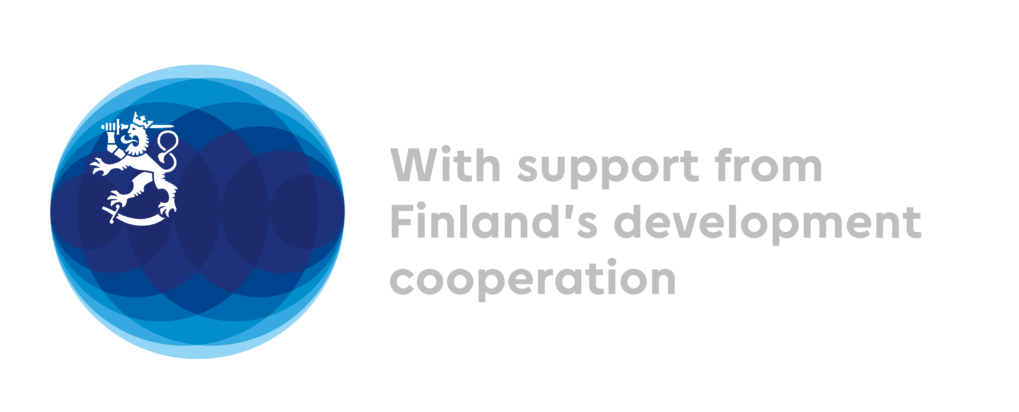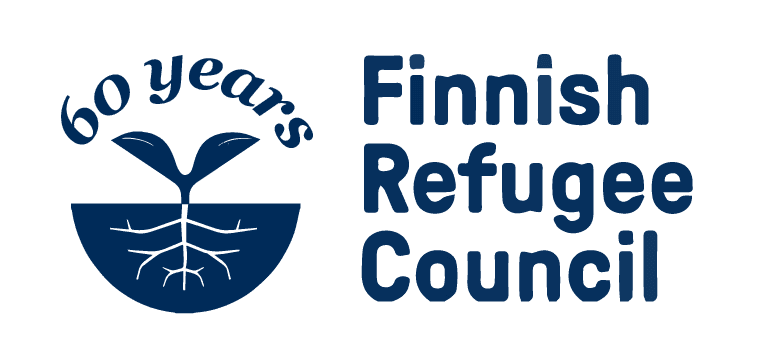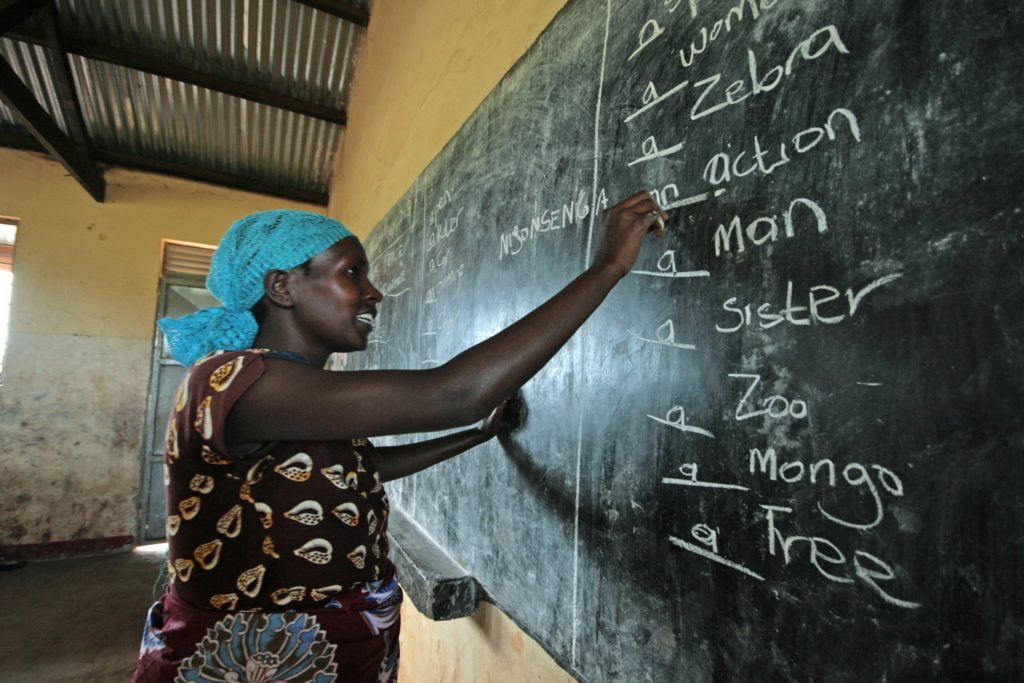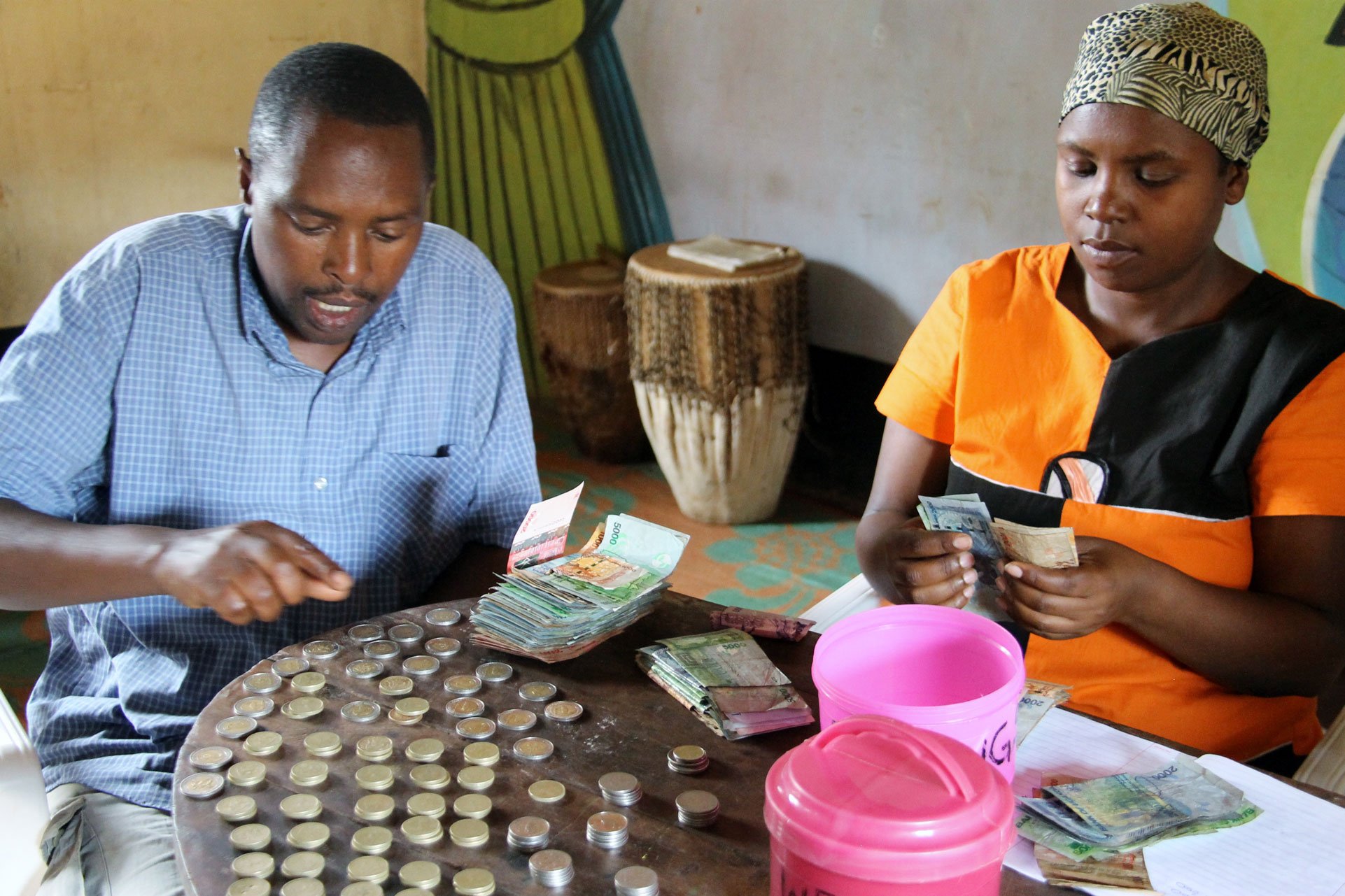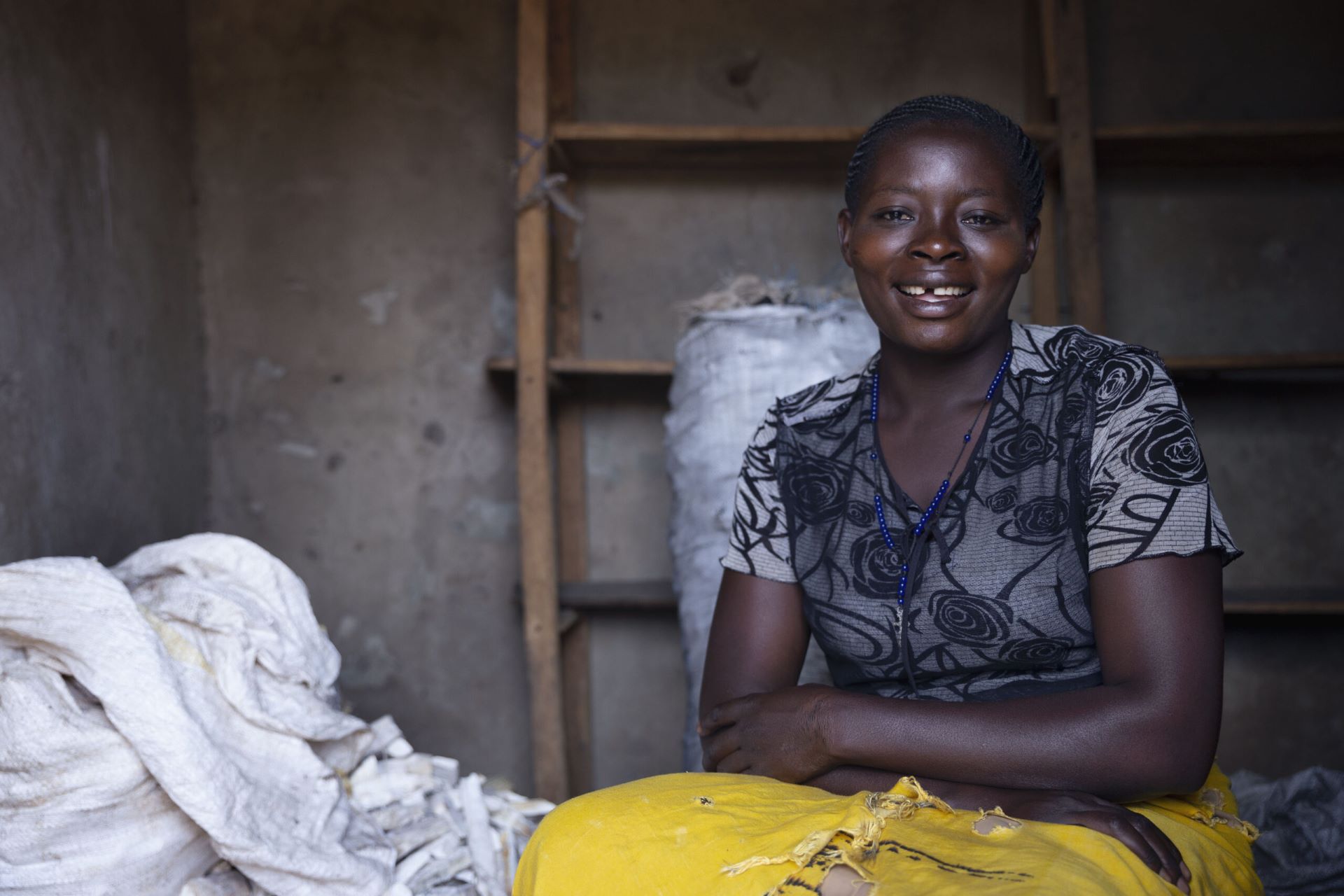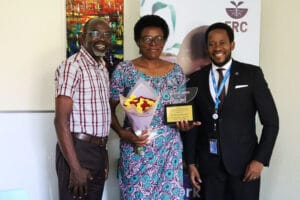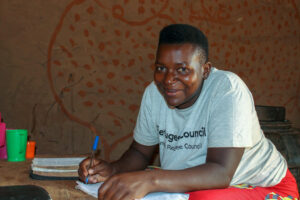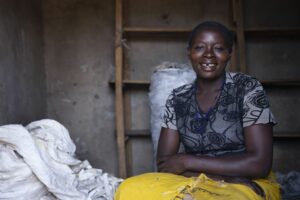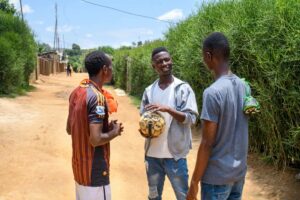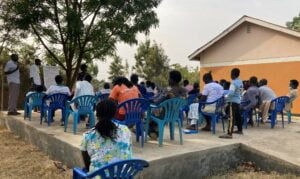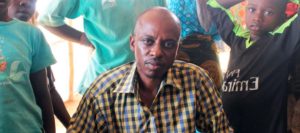Uganda remains one of the largest refugee host countries in the world
The number of refugees peaked at 1,791,339 million in February of 2025 and has been on the rise since the autumn of 2023. Despite being an Least Developed Country, Uganda continues to open its borders to refugees, who make up nearly 4% of the Ugandan population. Uganda is well-known around the world for its progressive refugee policies, which are domesticated through integration into the country’s development plans. However, much of the actual funding for the refugee response is still heavily reliant on foreign contributions.
Uganda and other neighbouring countries have many refugees due to ongoing conflicts and internal crises. New refugees enter Uganda seeking safety and a better life. As of February of 2025, the largest group was South Sudanese at 54 % (987,092 people), followed by the Democratic Republic of the Congo at 31,5 % (575,961) and Sudan at 3,9 % (71,849). Most South Sudanese and DRC refugees are fleeing escalating wars. Famine and natural disasters like Congo’s volcanic eruption and South Sudan’s drought have also caused displacements. South Sudanese refugees live in Adjumani, Palabek, Kiryandongo, and other West Nile settlements, while Congolese refugees live in Kyangwali, Kyaka II, and Nakivale. As previously stated, the refugee population grew gradually from a few tens of thousands, estimated at around 200,000 in 2000, to slightly more than 1.5 million by 2021 and is approaching 1,8 million in 2025.
(Source: UNHCR)
From fragile conditions to a new environment
Uganda receives most refugees from the Democratic Republic of Congo and South Sudan. The Democratic Republic of the Congo, one of Africa’s largest countries, has long struggled with internal conflict, particularly in its underdeveloped east. This region is rich in natural resources and vastly undeveloped, attracting many insurgent groups from within and outside the country. South Sudan, which only gained independence in 2011, has yet to reap the benefits of self-rule after years of marginalization and exclusion from mainstream political and economic domains. Poor governance, internal rebellion, and insecurity have plagued the country. Women, children, and youth make up nearly 80% of refugees who have lost their livelihoods, including education, due to the ongoing conflicts. These people rarely know English, Uganda’s official language. Refugees struggle to communicate and manage their daily lives. Without a local language and social safety nets, women and children in foreign countries are vulnerable to exploitation and often struggle to make a living due to a lack of education and a language barrier that prevents them from using their skills.
Uganda’s refugee policy has long been regarded as exceptional. Despite the fact that a large number of refugees enter the country each year, the Ugandan government maintains open borders and has guaranteed refugees the same rights and universal access to basic services as Ugandans, with the exception of the right to vote. Refugees have the freedom to move and the right to live outside of designated refugee settlements, though this may entail foregoing some of the benefits that they would receive if they lived in designated refugee settlements. Refugees have easy access to education and healthcare. They are also permitted to work and establish businesses, but they are not permitted to own land. Upon arrival in the country, all refugees living in the settlements are given a small plot of land on which to build a house and grow vegetables on a small scale, such as in backyard gardens.
However, with the increasing number of refugees arriving in Uganda, plot sizes have progressively decreased, making it extremely difficult to access land to grow food. The Prime Minister’s Office, in collaboration with UNHCR, and with the support of local leaders, continues to lobby host communities to provide more land for refugees to settle and grow food. However, due to increasing pressure on the land, all refugee hosting communities have seen increased depletion of the natural environment and competition for available resources and services, resulting in deterioration of inter-group relations. FRC purposefully ensures that all its programmes offer services to both refugees and host communities for this reason, as well as many other factors aimed at maintaining good relations between refugees and host communities.
Finnish Refugee Council’s activities in Uganda
FRC has been operating in Uganda since 1997, and currently supports refugees in 13 different settlements in the country’s northern, western, and southwestern regions. The Finnish Refugee Council is the only international organisation in Uganda that offers specialised adult education programmes for refugees. One of the advantages of adult education is that when adult learners recognise the value of literacy, language, and other life skills, it is easier for them to understand the need and support the education of the rest of their family members.
FRC has a working agreement with the Office of the Prime Minister (OPM), the Ugandan Government body in charge of refugee matters, and has been an operational partner to UNHCR since 1998. The FRC programme contributes to the Uganda National Action Plan for the Implementation of the Comprehensive Refugee Response Framework (CRRF) and the UNHCR Uganda Protection and Durable Solutions Strategy (PDSS) by increasing the self-reliance and resilience of refugees and host communities.
FRC-supported and implemented trainings equip refugees with the tools and skills they need to manage their own lives, reclaim their personal agency, and increase their income levels. Locals are also given FRC training to foster peaceful coexistence between refugees and host communities.
FRC’s operations in Uganda can be divided into three categories:
